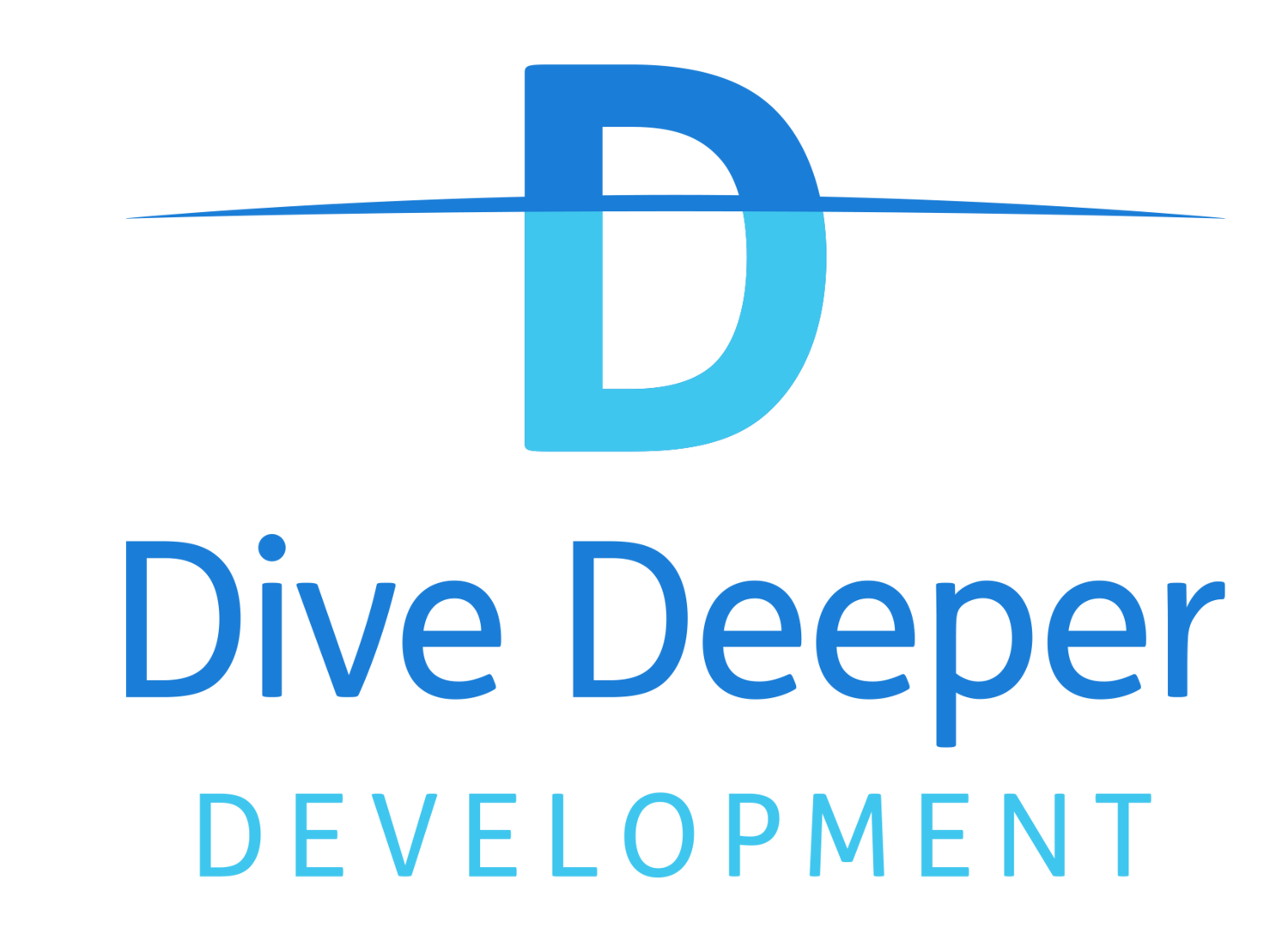Two Types of Trust: Becoming a Trusted Advisor
”I love that my clients tell me about their love lives”
This came from a coaching client of mine who says she doesn't like to promote herself. Yet she is never short of work due to word of mouth recommendations. So how does someone who doesn't like self-promotion get referrals? And how are her clients love lives relevant?
The answer is that she is naturally brilliant at developing a level of trust that most people don’t achieve with their customers and colleagues. The depth of your professional relationships is dependent on two different types of trust. Do you work to develop both types?
Professional Trust
This is what most people think of when they think of trusting someone, it’s about being credible and reliable. This kind of trust is built by:
Doing what you say you will do
Knowing your stuff
Communicating well
Being responsive
Offering valuable insights
Sharing information
Leading by example
Helping to clarify goals
Anticipating challenges
Doing an excellent job
This is where most people focus their efforts in their professional lives. It seems obvious that you create trust by doing a good job.
Personal Trust
The other type of trust is to do with the personal side of a relationship. It’s about how much you care about them as a person and how you balance your agenda with theirs. You build this by:
Making someone feel listened to and understood
Understanding their goals and challenges (personal as well as business)
Keeping their confidences
Caring about the things and people that are important to them
Putting their agenda first
Admitting your own shortcomings and vulnerabilities (and making allowances for theirs)
Praising them publicly and disagreeing privately
Demonstrating loyalty to them
Trusting them with information
If you want to develop this kind of trust with someone ask yourself:What are their goals?What concerns keep them awake at night?What are their core values?Have they mentioned their partner and/or children's names? Do you remember these and ask after them?What do they do for fun?Who judges their performance and what makes them look good?
While this kind of trust comes naturally to some people (like my client) it’s not so obvious to everyone. You might be wondering why you need to care about someone's aspirations as long as you are doing your job well.
The reason is that doing a professional job will make you great at delivering a service or meeting business requirements but if you want a seat at the table, if you want to be the person others come to for advice and direction before decisions are made then you need to also develop a strong personal relationship.
It’s about balancing the two
Which kind of trust is your strong suit?
Most people have a natural preference for building one type of trust over the other. We tend to build trust with others in the way that we like others to build trust with us. The important thing is to flex your style.
Some people won't get to know you unless you show you are credible and reliable.
Other people don’t care about your credibility until you show that you care about them first.
Listen and observe to what people prioritise and be prepared to adapt.
Trusted Advisor
The fact that my client's customers feel that they can talk about their love lives with her suggests they see her as a trusted advisor. Not only does she deliver a great service but her clients know that she cares about them on a personal level too. Of course, they care about her agenda in return and make a point of recommending her whenever they are given the chance, without prompting. Perhaps, by developing both types of trust, she is really is good at self-promotion after all.
Which level of relationship do you usually develop?
Do your colleagues and clients want you to care about them? Or do they just want you to do the job?
Feel free to share your thoughts or questions with me either by email or on Twitter, Facebook or LinkedIn.
Want regular personal development tips and reminders? Sign up for the monthly newsletter and I'll help you to keep focused.

